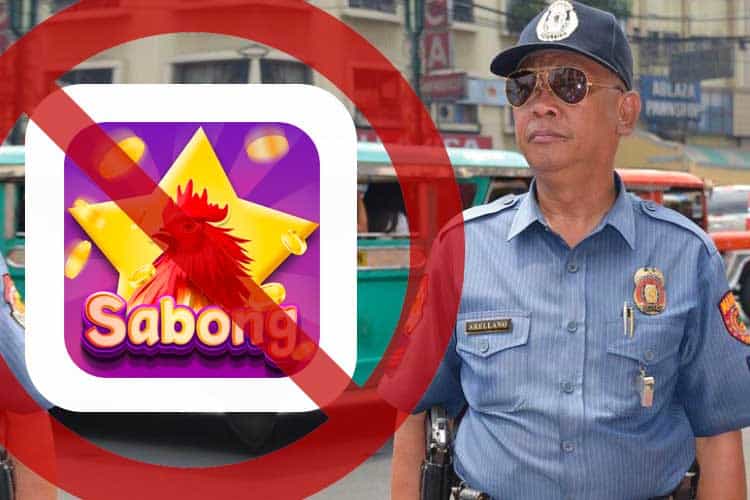 Philippine Gaming Regulators and the Philippine National Police (PNP) are targeting illegal casino and cockfighting websites to clean up the country’s gambling industry.
Philippine Gaming Regulators and the Philippine National Police (PNP) are targeting illegal casino and cockfighting websites to clean up the country’s gambling industry.
Globe Telcom Inc. has reported a surge in the number of illegal gambling sites and has started to intensify its efforts to block those websites. According to a statement released by Globe Telcom, the company has reportedly blocked 404,730 websites that contain illicit content already in 2023. To help their efforts, Globe Telecom has invested millions in technology to detect questionable sites and links.
E-Sabong Gambling In The Philippines
Gambling on cockfighting in the Philippines is legal; however, e-sabong betting is no longer allowed since COVID-19 restrictions have been removed. The Philippine government allowed online cockfighting betting to discourage people from public gatherings for a brief period. Now, the PH government is targeting illegal online cockfighting sites that have not followed orders to stop taking bets.
Cockfighting in the Philippines was first recorded in 1591 when Ferdinand Magellan first documented the action in the kingdom of Taytay, Palawan. Today there are hundreds of cockpits where bookies take bets from the audience before the cocks are allowed to fight.
What Online Gambling Options Are Legal In The Philippines?
Philippine residents can legally access online casinos, sportsbooks, poker sites, and racebooks from their computers or mobile devices. Philippine gambling laws only restrict what operators inside of the country can offer. There are currently no laws making offshore gambling illegal; however, it is suggested that residents only play trusted and licensed online gambling sites.
What Is The Punishment For Illegal Gambling In The Philippines?
According to the law, illegal gambling in the Philippines could result in arrest, criminal charges, and imprisonment. Law enforcement agencies can also confiscate assets and proceeds from the illegal gambling activity.
Who Regulates The Gambling Industry In The Philippines?
The Philippine Amusement and Gaming Corporation (PAGCOR) regulates the gambling industry in the Philippines. PAGCOR is responsible for licensing, issuing compliance records, and collecting licensing fees for the Philippine government.
PAGOR was first created in 1977 by Presidential Decree 1067-A to make gambling legal and profitable for the government and help improve locals’ living conditions. Before 1977, illegal gambling houses flourished but provided no revenue for the country. Today, PAGCOR boasts P55 billion (USD 906 million) in revenue from January to September 2023.

